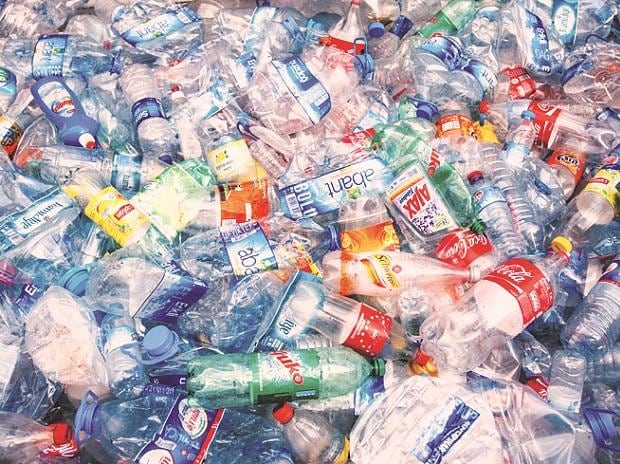The United Nations is studying a global agreement to combat plastic pollution

Representatives of UN member states are considering proposals for a binding global agreement to control plastic pollution.
The United Nations Environment Conference, taking place in Nairobi, the Kenyan capital, from February 28 to March 2, is expected to propose an international framework to tackle the growing problem of plastic waste in the world’s oceans, rivers and landscapes.
Inger Andersen, Director-General of the United Nations Environment Program, said that for the first time in history, we are witnessing an unprecedented global pace in the fight against the scourge of plastic pollution.
In preparation for the session, Andersen urged member states to seize the opportunity and reshape humanity’s relationship to plastic by developing a comprehensive global agreement to combat the problem.
Over the years of international debate, two main suggestions have been made for ways to reduce disposable plastics.
The first, Peru and Rwanda, advocate a full-spectrum approach to plastic pollution, encompassing raw material extraction, plastic production, plastic use and disposal. He calls for the creation of a legally binding international agreement… to prevent and reduce environmental pollution, including microplastics.
The proposal has the support of Chile, Colombia, Costa Rica, Ecuador, Guinea, Kenya, Madagascar, Norway, the Philippines, Senegal, Switzerland, the United Kingdom and Uganda, along with the European Union.
Another proposal, supported by Japan, calls for an international agreement to tackle marine plastic pollution throughout its life cycle and promote resource efficiency and a circular economy, including reuse.
The main difference is that Japan’s approach focuses on plastic pollution in the sea, while the Peruvian and Rwandan proposal covers plastic pollution in all environments.
Both proposals provide for the creation of a negotiating committee to complete the new plastics deal by 2024.
Andersen said that if the United Nations Environment Assembly approved such a plastic agreement, it would be the most important in the world; Resolution on Environmental Governance after the Paris Agreement (Climate) in 2015.
The environmental group Greenpeace supports a full life cycle approach to combating plastic pollution in Peru and Rwanda.
More than 140 countries have expressed support for starting negotiations on a global agreement on plastics, said Erastus Owko, Director of Plastics Cooperation at Greenpeace Africa.
But supporting negotiations is not enough.” These countries must demand a legally binding agreement commensurate with the scale and depth of the plastic crisis.
(The title and image in this report may have been edited only by the Business Standard staff; all other content is automatically generated from the shared source.)
dear reader
Business Standard has always worked hard to provide up-to-date information and commentary on events that matter to you and have a broader political and economic impact on the country and the world. Your continued encouragement and feedback to improve our offerings has only reinforced our resolve and commitment to these ideals. Even in these challenging times due to Covid-19, we remain committed to keeping you informed with reliable news, reliable information and accurate commentary on current and important issues.
However, we have a request.
As we struggle with the economic impact of the pandemic, we need your support even more so we can continue to provide you with quality content. Our subscription form has received encouraging feedback from many of you who have subscribed to our online content. Increasing our content online can help us achieve our goal of providing you with better and more relevant content. We believe in free, fair and credible journalism. Your support with multiple subscriptions can help us practice the journalism we are committed to.
Support quality press and Business Standard request.
Digital Copywriter

“Award-winning zombie scholar. Music practitioner. Food expert. Troublemaker.”









